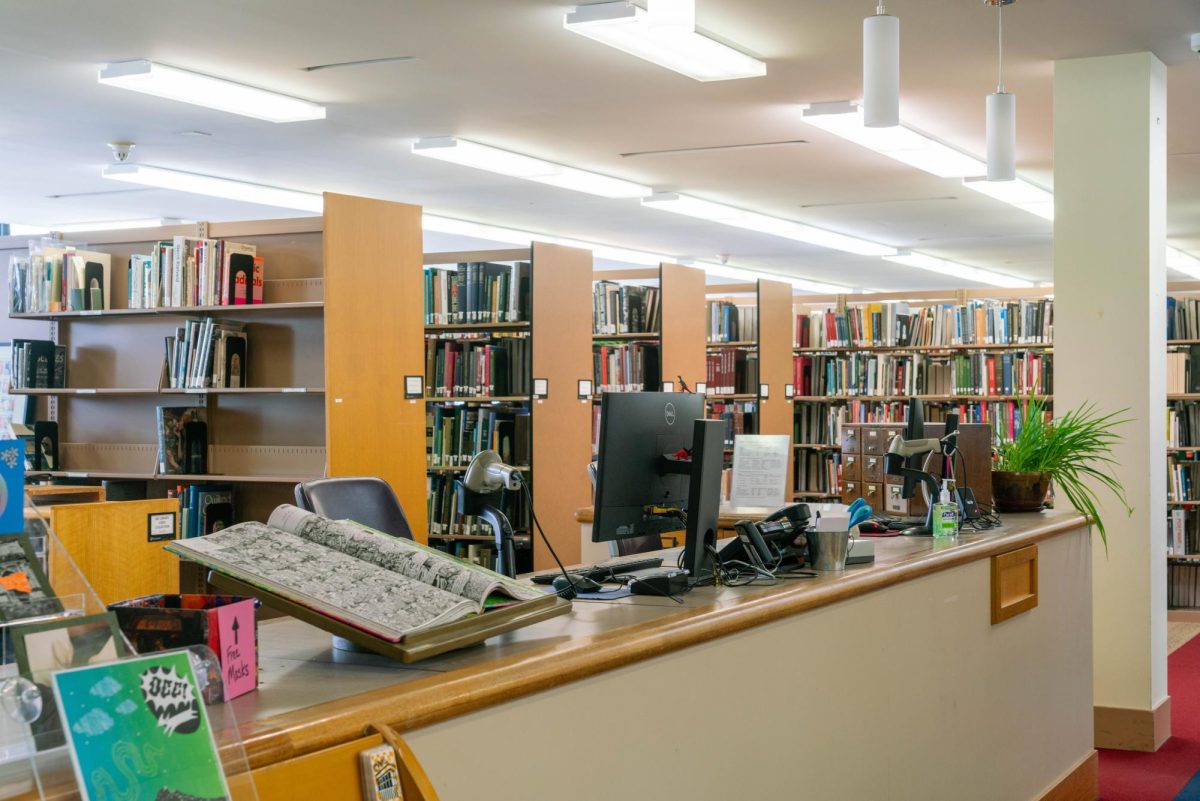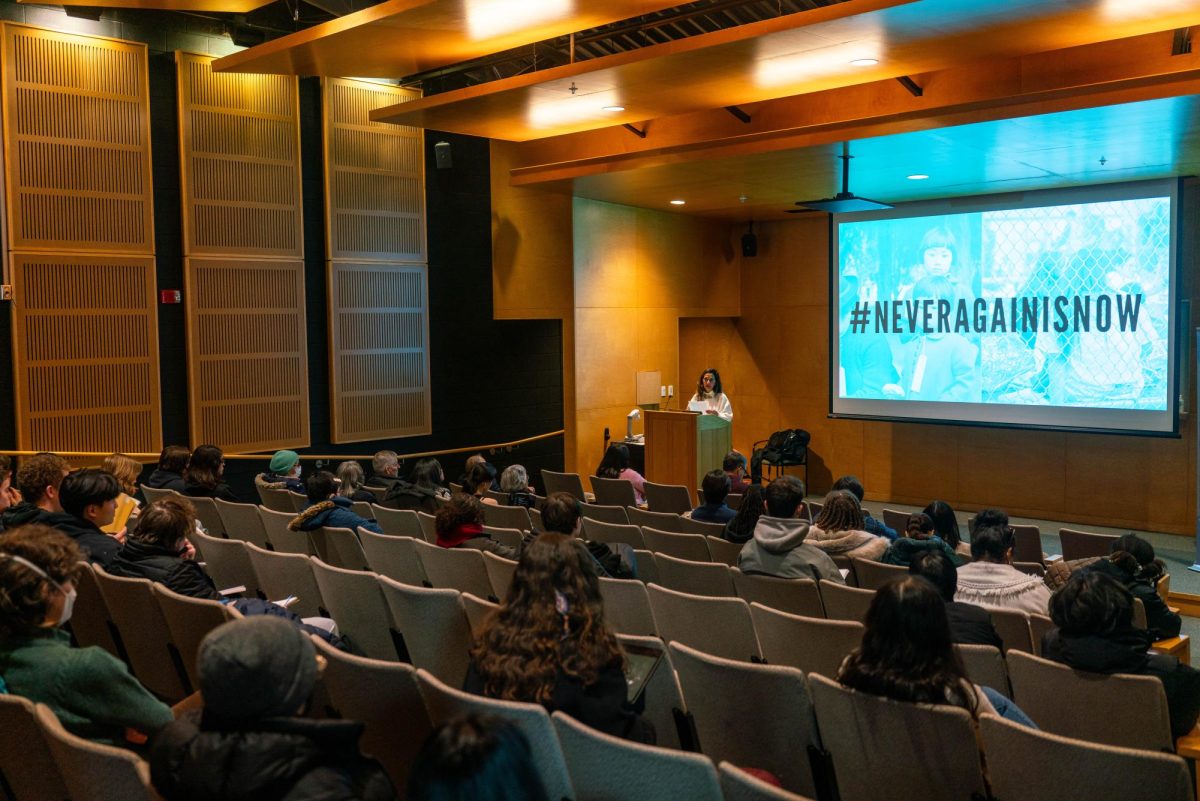Birthright Leaves Young Jews Ill-Equipped to Engage in Difficult Conversations
April 20, 2014
Polarized conversations about Israel are nothing new to me. Nevertheless, when hundreds of Jewish college students and recent college graduates return from Taglit-Birthright trips to Israel every year, I am surprised to find that their conversations about Israel are often as superficial as the ones I experienced as a kid in Jewish day school.
A few times a year, my Facebook page is crowded with pictures of college students on Birthright trips wearing Ray-Bans, throwing up peace signs, sitting on camels and boasting of Jewish victories over the course of history. I roll my eyes. Not because it’s a bad thing to go on a fun vacation in Israel, but because programs like Birth-
right ignore or vastly simplify Israel’s social and political ills.
Recently, Birthright expanded its eligibility requirements, opening up the possibility for many more young Jews to take advantage of its free trips. My Facebook page again lit up with various friends’ gleeful plans to take part. I was unamused.
Birthright’s goal, according to its website, is to fulfill the “birthright of all young Jews to be able to visit their ancestral homeland,” which the site describes as a “building block of Jewish identity.” The site also states that “the vision of Taglit-Birthright Israel is to strengthen [the] Jewish identity” of its participants.
The Birthright model would seem to make intuitive sense. Young Jews go to Israel for an “educational” experience — they
hike, float about in the Dead Sea, snap some selfies and leave raving about their love for the land and their strengthened Jewish identity.
Where Birthright fails is in preparing Jewish young people for their return home, where conversations about Israel can range from nuanced calls for a two-state solution to outrage at discriminatory Israeli policies and practices and, at the extreme, call for Boycott, Divestment and Sanctions, the return of all Palestinian refugees or a binational state.
Birthright has not prepared its alumni for these conversations. Many Jewish students returning from trips to Israel do not know how to respond to denunciations of Israel’s human rights abuses and violations of international law. All that they have been prepared to say is something along the lines of “Israel changed my life.”
Extolling Israel’s virtues is one possible response, but it is a response that denies the realities of the human rights abuses associated with the occupation. As far as I can tell, raving about the beauty of the Negev desert or the emotions of visiting a Jewish country that rose out of the ashes of the Holocaust hasn’t convinced any BDS advocates to start buying carbonated water dispensers or spa products produced in Jewish West Bank settlements.
To be sure, the superficial treatment of these issues is not limited to Birthright. In 2011, I participated in a four-month high school program in Israel organized by the Union for Reform Judaism. Even that program, organized by one of the most liberal branches of Judaism, failed to delve into the details of the oc-
cupation and the conflict with the Palestinians. Though I enjoyed the sites as much as anyone, my lifechanging experience was in coming home and finally discovering the importance of pushing back when I felt my generation was being fed propaganda.
If programs such as Birthright want to cultivate an enduring Jewish connection to Israel, they should start by promoting thoughtful and critically minded dialogue rather than sending young Jewish adults back to their jobs and campuses with a fairytale narrative about Israel and its accomplishments. Let Birthright instead create a generation of Jews who can intelligently question both Israel and its critics and advocate for peaceful solutions that ensure both Israel’s future and the human rights of all people.

















